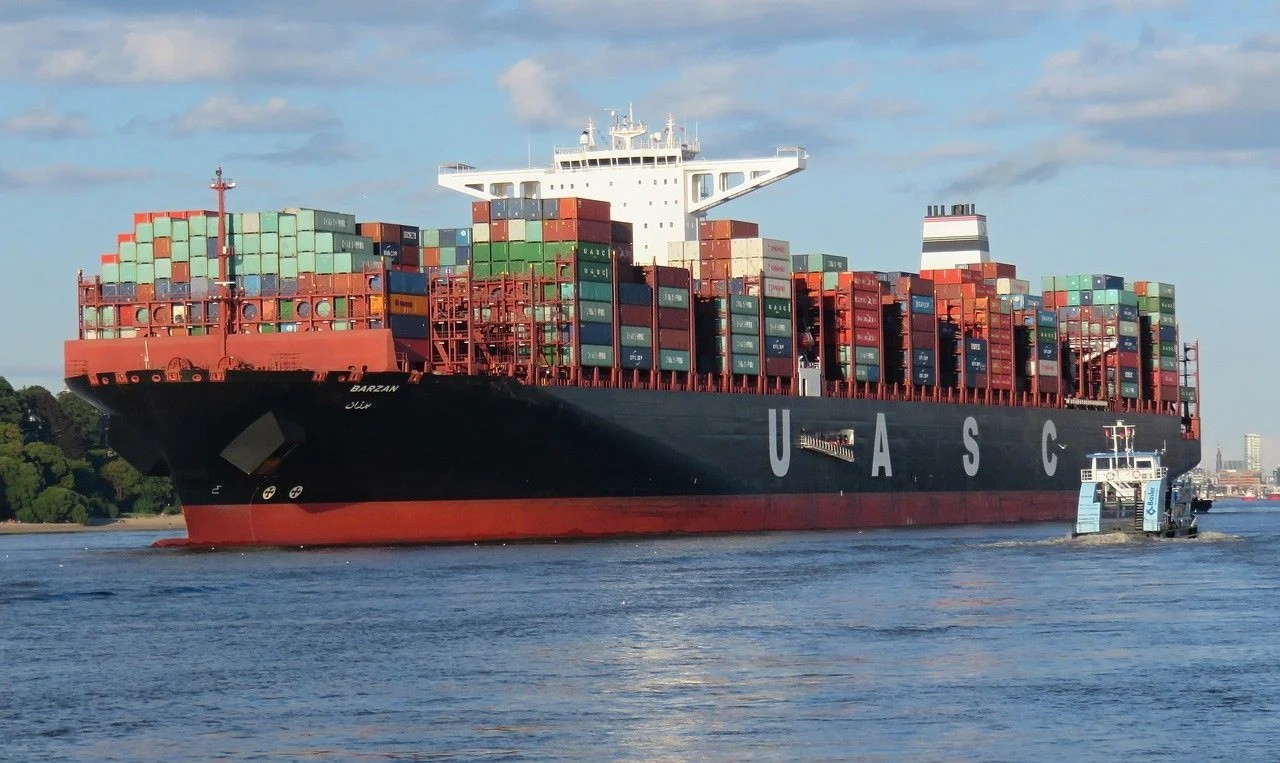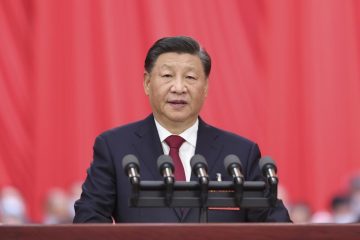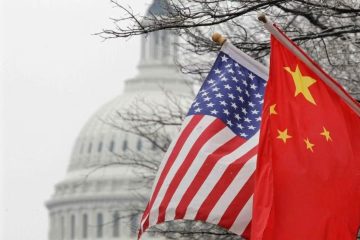Trade policies under Trump are expected to reduce global shipping

Global container shipping volume is projected to decline by 1% due to the trade policies implemented during Trump’s administration. Maritime consultancy Drewry stated on Thursday that it anticipates a 1 per cent decline in global container port volume, attributing this decrease directly to US trade policies. This would mark the third decline in global container shipping demand since the London-based Drewry commenced its data collection in 1979. Container volume experienced a decline of 8.4 per cent during the global financial crisis in 2009 and a further decrease of 0.9 per cent in 2020 when the Covid pandemic was declared.
The current policy of the Trump administration encompasses blanket tariffs of 10 percent on goods from the majority of countries, alongside a striking 145 percent import duty on products from China. China and other nations have retaliated by imposing tariffs on American products. “Assuming that 2/3 of current tariffs remain in place, US imports from China could fall by 40 per cent,” the consultancy said in a slide presentation.
China holds a commanding position in the importation of consumer goods, industrial products, and furniture into the United States. The relocation of Chinese production to nations with significantly lower tariffs may mitigate a portion of the decrease in shipping demand. In pursuit of that objective, US imports from other nations may rise by as much as 15 per cent, according to Drewry.
Following the recent escalation of tariffs on China by the US, RC Willey Home Furnishings, a subsidiary of Berkshire Hathaway, has temporarily halted all orders from Chinese factories. This includes orders that were already prepared for shipment, as noted by Jeff Child, the president of the retailer with locations in Utah, Nevada, Idaho, and California. Concurrently, the company resumed orders from Vietnam. The imposition of tariffs at a rate of 46 per cent by the Trump administration effectively halted those orders directed at that nation. RC Willey reinstated orders following the temporary reduction of Vietnam tariffs to 10 per cent for a period of 90 days. While the tariff turmoil presents challenges for retailers, it is concurrently dampening shopper sentiment, Child noted. “The primary detriment to consumer confidence is uncertainty, and that is the situation we find ourselves in at present.”
Experts caution that President Donald Trump’s trade policies elevate the likelihood of a recession in the United States, the world’s largest economy. A downturn in the US economy has the potential to rapidly extend its effects to other countries globally. The International Monetary Fund indicated earlier this week that global economic output is expected to decelerate in the coming months, as the impact of Trump’s extensive tariffs on nearly all trading partners starts to take effect.
On Wednesday, German container carrier Hapag-Lloyd reported that customers have canceled 30 percent of shipments to the United States from China, influenced by the trade conflict between the world’s two largest economies. The National Retail Federation, which counts Walmart and Target among its members, projected earlier this month that US containerized import cargo volume would decline by at least 20 percent year over year in the latter half of 2025, as firms sourcing from China pause their orders. A significant number of containers from China arrive at the most active US port located in Los Angeles. The executive director cautioned that import volumes might begin to decline as soon as May.










